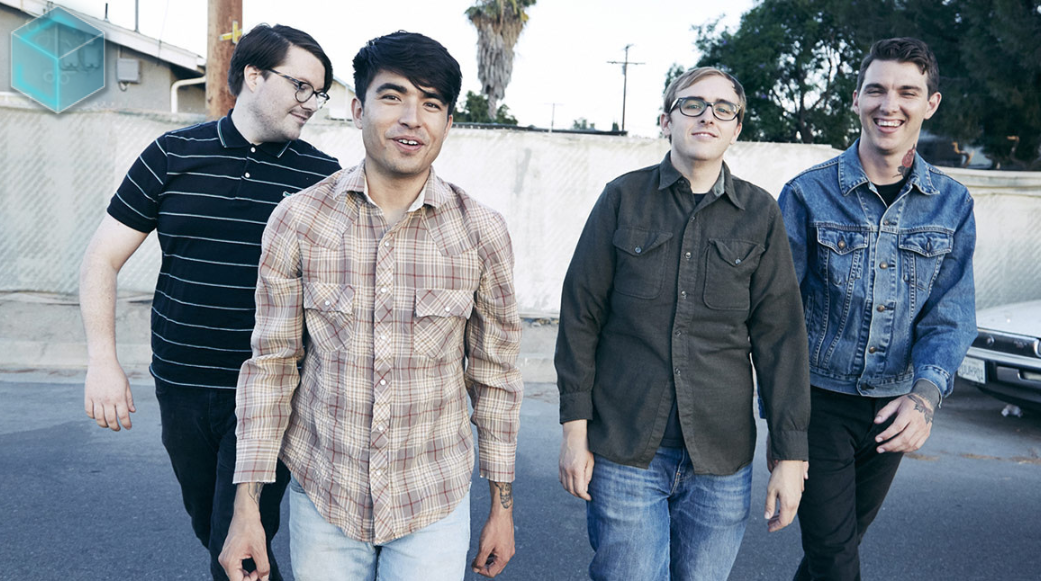
August 21, 2025
Cardi B is officially back in album mode. On Friday, the rap superstar released her new single “Imaginary Playerz,” a bold track that samples Jay-Z’s classic “Imaginary Player.” The release comes...
Read more
August 21, 2025
Gary Oldman opened up about his decades-long friendship with the late David Bowie, calling the world a very different place since the music icon’s death in January 2016. In a heartfelt interview...
Read more
August 21, 2025
The Queen of Pop just proved she's still the ultimate trendsetter even when it comes to birthday cakes. Madonna rang in her 67th birthday with a luxurious Italian getaway capped off by an enormous...
Read more
August 20, 2025
Former Little Mix star Jade Thirlwall isn't mincing words about artists who avoid political engagement, specifically calling out The 1975's Matty Healy for what she sees as a privileged stance. In...
Read more
August 20, 2025
PinkPantheress has once again cracked the code of Gen Z’s collective brain chemistry with her track Illegal. It’s short, it’s addictive, and it’s the kind of song that makes you feel like you’re...
Read more
August 20, 2025
Conan Gray has never been shy about writing songs that feel like reading your high school diary at 2 a.m. with the lights off. But with Caramel, he’s gone full Willy Wonka heartbreak mode. It’s...
Read more
August 20, 2025
PinkPantheress has always had a gift for making music that feels like it was recorded inside your daydreams, half diary entry, half late-night Tumblr scroll. With Romeo, she’s taken that talent and...
Read more
August 20, 2025
Every so often, a song arrives that feels less like a single and more like a cinematic event. LISA’s latest release, DREAM featuring Japanese actor and heartthrob Kentaro Sakaguchi, is exactly that...
Read more
August 20, 2025
If Cardi B has taught us anything, it’s that she doesn’t just rap, she throws down verbal haymakers wrapped in couture and glitter. Her new joint, “Imaginary Playerz,” is a full-on drag session for...
Read more
August 20, 2025
Everyone’s favorite pop-punkers, Joyce Manor, are back with their first new song in three years. The surprise single, “All My Friends Are So Depressed,” is out now via Epitaph Records, blending...
Read more
August 20, 2025
In 2025, Christian culture is prevalent, although it was previously on the outside of popular music. The Billboard Hot 100 is dominated by religious-themed songs like Benson Boone's...
Read more
August 20, 2025
Michael Tait, a well-known Christian rock musician (DC Talk, Newsboys), has admitted to engaging in "unwanted sensual" behavior and substance misuse for decades. Multiple accusers allege abuse...
Read more.png)
When you're creating music on your own, it can be tough to define your style, especially with so many genres and influences out there. You might feel like you’re trying to piece together a puzzle without knowing what the final picture looks like. Narrowing down your genre can make the process of learning and making music smoother, helping you focus your efforts.
Many famous musicians faced this same struggle, but by experimenting, reflecting on their influences, and honing their craft, they found their sound. Here’s how you can do the same:
Before narrowing down to a specific genre, it’s important to explore different styles and see what resonates with you. Don’t be afraid to experiment across genres to find where your sound naturally fits. Often, your style will emerge organically through trial and error.
What You Can Do:
Example: Childish Gambino (Donald Glover) began his music career experimenting with genres like hip-hop and electronic, but his 2016 album Awaken, My Love! saw him shift to a funk and soul-inspired sound. By trying different styles, he found his unique voice in an unexpected place.
One of the easiest ways to narrow down your genre is to reflect on the music you listen to and admire. What artists and sounds are you naturally drawn to? These preferences can help guide your genre choice.
What You Can Do:
Example: Bruno Mars initially began his career as a producer, but after reflecting on his influences like Prince, Elvis Presley, and Michael Jackson, he found his sound in funk, pop, and R&B. His ability to draw from his idols while maintaining his individuality helped him create chart-topping hits.
Another important step is to listen to the music you’ve already made. Sometimes, your genre might be hiding within the work you’ve already created. Review your past projects with an objective ear and analyze what sound seems to come naturally.
What You Can Do:
Example: Tyler, The Creator often blurs genre lines with his music, but by looking back at his earlier work, he noticed that his sound often blended hip-hop with jazz and R&B. This reflection helped him craft albums like IGOR, which embraced a more refined and focused genre.
Genres aren’t just about technical aspects—they also come from an emotional connection. The genre that resonates with you emotionally is likely the one you’ll excel at the most. Pay attention to how certain music makes you feel and use that as a guide.
What You Can Do:
Example: Adele built her career by tapping into her emotional connection with soul and pop music. Her ability to channel personal experiences into relatable ballads like Someone Like You solidified her place in the pop-soul genre.
Discovering your genre doesn’t have to happen overnight. It’s a journey that can evolve as you grow as a musician. Don’t rush the process—sometimes, your genre will reveal itself over time.
What You Can Do:
Example: Kanye West has famously evolved throughout his career, experimenting with everything from traditional hip-hop on The College Dropout to electronic and experimental sounds on Yeezus. His genre evolution didn’t happen overnight—it grew as his music developed.
Finding your genre is a natural part of the creative process, and it doesn’t have to be rushed. By exploring different styles, reflecting on your influences, analyzing your own music, and following your emotional connection, you’ll gradually discover the genre that fits your sound.
Many famous artists have gone through this same process—experimenting and evolving over time. Like Childish Gambino, Bruno Mars, and Adele, your genre will eventually emerge as you continue to create and hone your craft. Stay open to the journey, and remember that your unique sound may lie in a genre you didn’t initially expect.